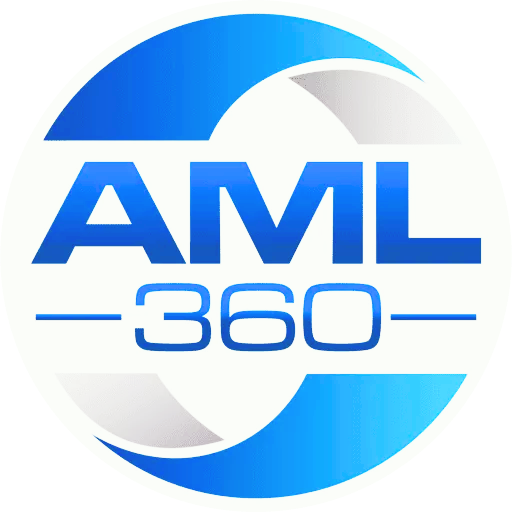Firm-Wide Risk Assessment
A firm-wide risk assessment will identify and assess the risks of money laundering and terrorist financing. Auditors, insolvency practitioners, external accountants, tax advisers, independent legal professionals and trust and company sevice providers must complete an AML firm-wide money laundering risk assessment.




